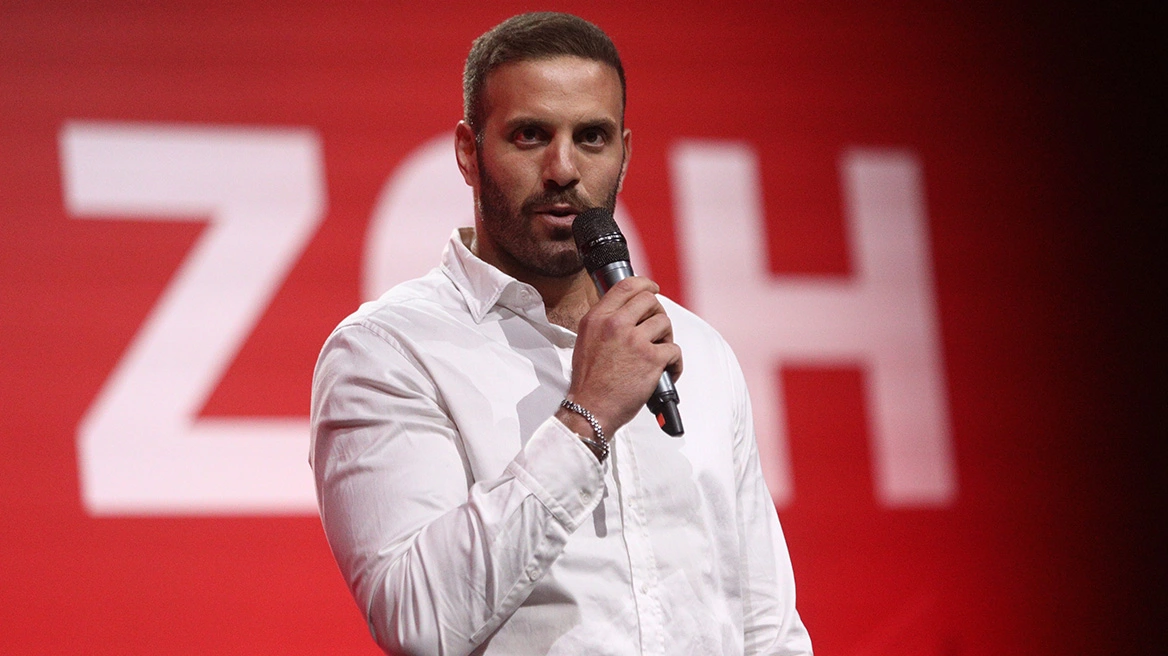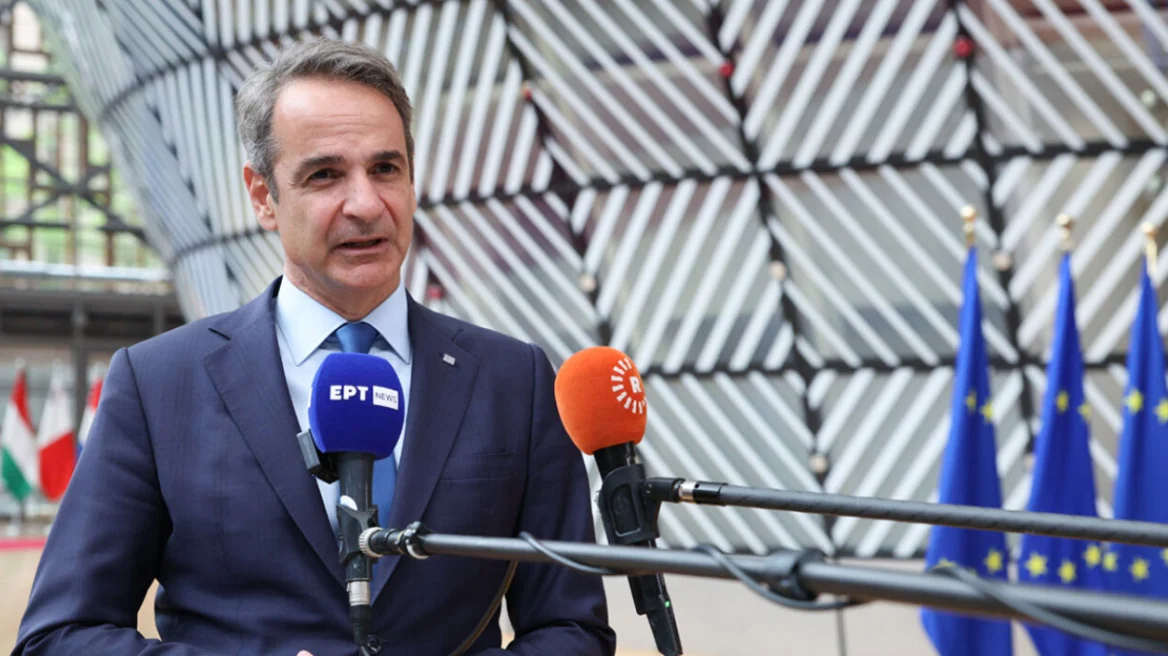A spy thriller that has been unfolding in recent years on behalf of Russia, starring two Bulgarian women involved in a love triangle and intended to be used as “love traps” for operations in Europe, has been uncovered in Britain.
According to what was revealed by the Old Bailey Criminal Court, 33-year-old Katrin Ivanova, who worked as a laboratory assistant, and 30-year-old Vanya Gaberova, employed as a beautician, were to have “direct contact” with targets “as sex baits to gather information”. The two were allegedly aided by Tihomir Ivanchev, also Bulgarian, 39, a 39-year-old painter and decorator from Anfield, who had previously had a relationship with Gaberova.
In addition, a 43-year-old man named Bizer Dzhambazov, who worked as a medical visitor and has pleaded guilty to conspiracy to commit espionage, lived with Ivanova in northwest London but was also involved with Gaberova, who had a flat in Houston.
According to what the prosecutor argued to the jury, “it may be that each of the members of the ring was trying to rely on these interpersonal relationships to suggest that they were, in some way, being misled or blindly following others or that they were simply going around Europe out of love. The prosecution’s case is that all of them knowingly participated in this conspiracy. This is not the kind of activity you conduct simply because of a romantic relationship.”
The spy ring’s operations were allegedly “run” by 46-year-old Orlin Roussev, who lived in a guesthouse in Great Yarmouth, West of England, and “assigned” jobs to a network of spies that included Ivanova, Gaberova and Ivanchev. This individual has also pleaded guilty to conspiracy.
The central mastermind of the ring was a 43-year-old Russian agent with Austrian citizenship named Jan Marsalek, who used the online pseudonym “Rupert Ticz.”
“By gathering the information and passing it on to the Russian state, the defendants endangered many lives,” the prosecutor said.
The ring’s activities were carried out between August 30, 2020, and February 8, 2023, in locations including London, Vienna, Valencia, Montenegro and Stuttgart.
Each of the members received “substantial sums of money for their actions”, the prosecutor added, and those activities “caused obvious and unavoidable harm to the security and interests of the United Kingdom”.
Nearly 80,000 messages exchanged via Telegram between Marsalek and Roussev reveal the “genesis and planning of the operations”. “There are messages about Russia in general and direct references to President Putin in particular,” the prosecutor said.
When police raided Roussev’s home in Great Yarmouth, they found it filled with technical equipment, including 221 cellphones, 258 hard drives, 495 SIM cards, 55 optical recording devices and 11 drones.
There were also Wi-Fi interception devices and items that included jammers, hacking software, card readers and GPS tracking devices. Also found were 91 bank cards in the names of 17 people and 75 passports and identity documents in the names of 55 people.
Ask me anything
Explore related questions





